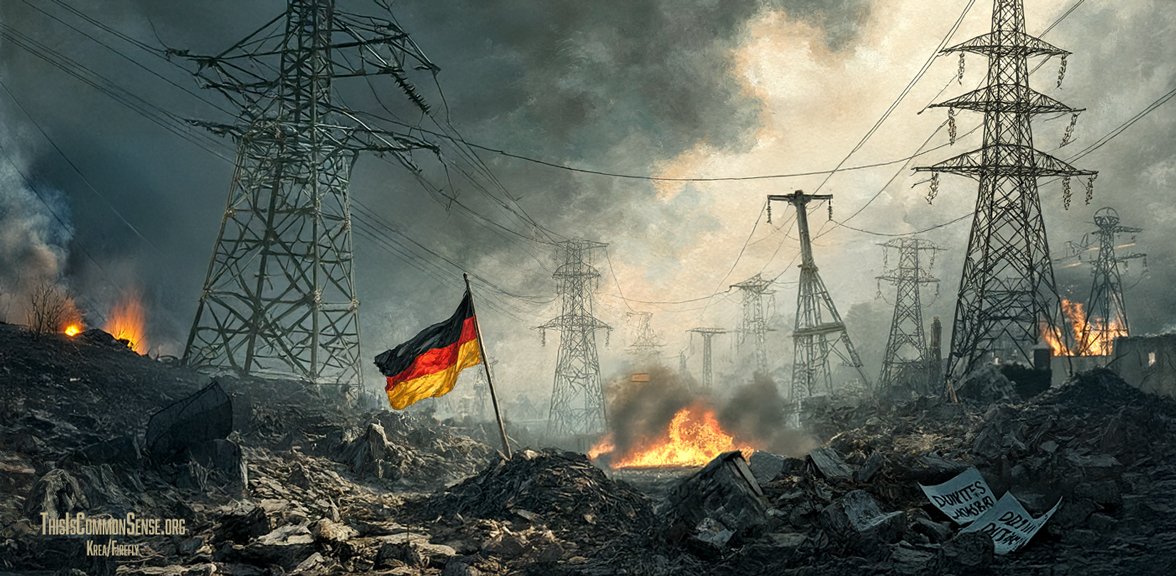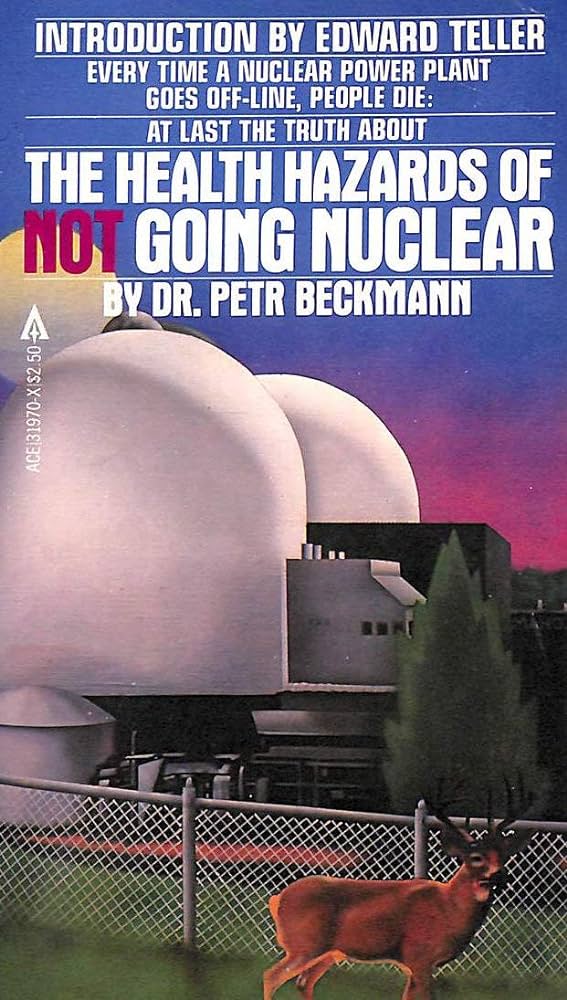Paige Lambermont reminds us that Germany’s phase-out of nuclear power has its reasons.
Construction, transport, and other processes involved in making and maintaining a nuclear power plant emit carbon dioxide. But nuclear power itself does not emit carbon dioxide, which is supposed to be terrible for climate and planet. So, “What would prompt a country seeking to sharply reduce CO2 emissions to get rid of its largest source of carbon-free energy?”
Lambermont, a policy associate at the Institute for Energy Research, reviews the history of anti-nuclear sentiments, going back to the 1970s, and various news-driven decisions by the German government. A tsunami in Japan didn’t help, though safety measures were strengthened at the affected nuclear power plant.
Now we seem to be nearing the end of the line. German pubs host “demolition viewing parties” as the country self-destructively continues to destroy another nuclear power plant, specifically the part consisting of two giant cooling towers.
A controlled demolition caused 56,000 tons of concrete to collapse in seconds. The speed is misleading, for the job is far from finished. Further work dismantling the Bavaria-based plant is expected to continue until 2040. Of course, the useful life of the plant is already over.
It’s all part of the plan, the German government’s energy-transition plan called Energiewende. The energy has to become “renewable,” a word meaning — in effect — unreliable (wind, solar). Also, Germans must drastically reduce their consumption of energy.
Maybe they should call the plan Götterdämmerung — twilight of the gods or, in this case, of industrial civilization.
This is Common Sense. I’m Paul Jacob.
Illustration created with Krea and Firefly
See all recent commentary
(simplified and organized)
See recent popular posts



